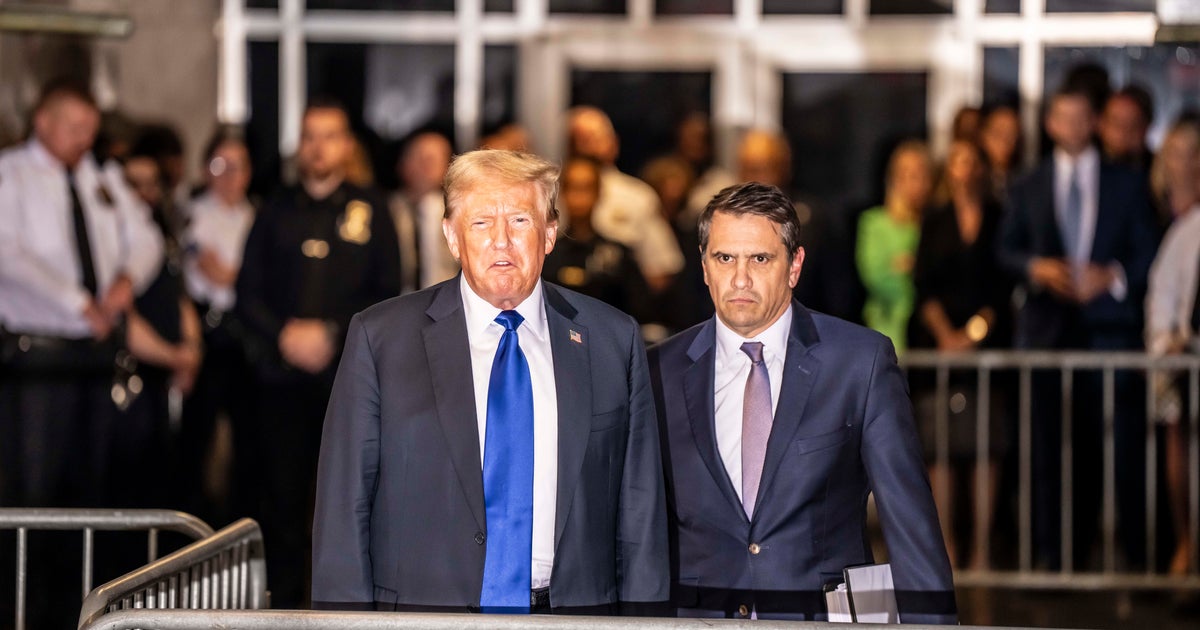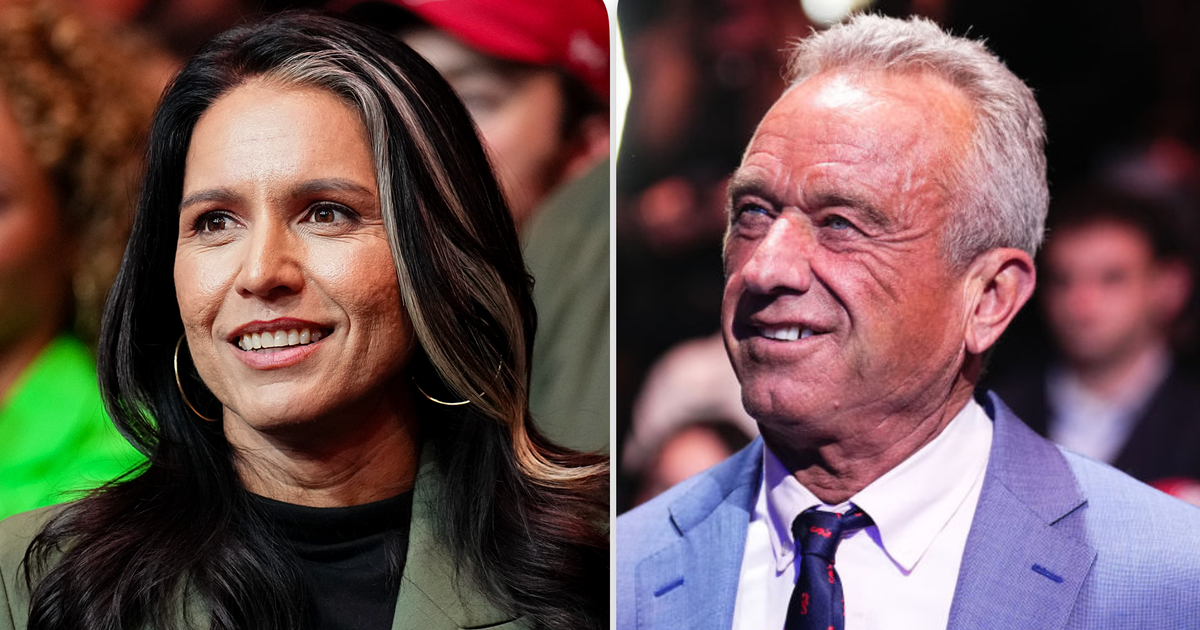Trump returns to court as New York fraud trial nears its end
Former President Donald Trump returned to a New York courtroom on Thursday to attend his civil fraud trial, where his defense team questioned its final expert witness as the case approaches its conclusion.
Trump has attended the trial, which began on Oct. 2, eight previous times, including when he testified himself on Nov. 6. That day, he clashed with Judge Arthur Engoron, straying from questions and earning reprimands.
Trump, two of his sons and their company are accused of participating in a decade-long fraud scheme involving vast misrepresentations of Trump's wealth to attract favorable rates on loans and insurance. They have all denied wrongdoing in the case. Eric Trump joined his father in court on Thursday.
Thursday's testimony
The former president listened as his attorney questioned Eli Bartov, a New York University accounting professor who testified about the role of property valuations in financial statements that are at the heart of the fraud case. He said that he saw "no evidence whatsoever for accounting fraud," and that the statements of financial condition "were not materially misstated."
"So your expert opinion is, from an accounting perspective, the attorney general's complaint had no merit?" the judge asked.
"This is absolutely [my] opinion, yes," Bartov replied.
Bartov also acknowledged that the value of Trump's penthouse in Trump Tower in Manhattan was "inflated" in his financial statement, but attributed the discrepancy to "an error in the calculation," which he said was "not unusual." Forbes magazine revealed in 2017 that Trump's three-story apartment was about a third of the size he had long claimed — about 11,000 square feet, instead of more than 30,000 — and thus far less valuable.
Bartov testified as an expert in a 2019 New York State case against Exxon, but Kevin Wallace, a lawyer for New York Attorney General Letitia James, said Bartov's opinions weren't relevant to evidence presented at trial. He and another lawyer for James attacked Bartov's ability to render opinions on banking decisions and credit analysis related to private companies.
As Trump walked out of the courtroom during a mid-morning break, he stopped to review court artist Jane Rosenberg's sketch.
"Nice," he said, according to Rosenberg.
Moments later, he hailed a decision by an appellate court that extended an Oct. 6 order pausing the dissolution of Trump's company while the trial is ongoing. That order stemmed from a Sept. 26 pretrial ruling finding Trump and the company liable for fraud.
"I think it's a great thing for the country, a very strong decision by the Appellate Division, just getting down this moment," Trump said. "That decision is very powerful."
His attorney Christopher Kise also lauded the decision in a statement to CBS News.
"President Trump very much appreciates the court's consideration and ruling today. The ruling helps pave the way for a much needed, and deliberative, review of the trial court's many errors," Kise said.
Tensions in the courtroom boiled over in the early afternoon after Wallace objected to some of Bartov's testimony, describing it as "pure speculation from someone they hired to say whatever it is they want."
"You really ought to be ashamed of yourself," Bartov replied, his voice rising. "You make up allegations that never existed. I am here to tell the truth. You should be ashamed of yourself, talking to me like that."
Bartov later offered testimony that reinforced Trump's own Nov. 6 testimony in this case, that the statements at the center of the case warned banks to use them at their own risk.
"This is like the warning of the surgeon general on a box of cigarettes," Bartov said.
He later described a disclaimer in the statements as meaning, "use your own analysis and come up with your own estimate."
"I never saw anything clearer than that, even my 9-year-old granddaughter … would understand that language," Bartov said.
Trump sat in rapt attention as Bartov lauded his financial statements.
"I've never seen a statement that provides so much detail and is so transparent," Bartov said. "The footnotes provide an awesome amount of information."
Bartov's testimony was peppered with withering criticism of the attorney general's case, calling it "absurd" on several occasions.
"It's impossible to argue, it's really absurd to argue that Deutsche Bank or any bank, or any lender, would make lending decisions based on" personal financial statements, he said. "They can't make decisions based on 20% of information."
"This should close the book on this case," Bartov said.
The Trump fraud case
In the civil fraud trial, New York Attorney General Letitia James is seeking to claw back $250 million for the state, as well as sanctions against the defendants designed to severely limit their ability to do business in New York.
Trump has seethed at James outside the courtroom, including on Thursday, when he called her "crazy" and a "lunatic."
He and Engoron have also been at loggerheads since early in the trial, when Trump published a social media post attacking the judge's law clerk. The judge then imposed a limited gag order, which Trump raged against and twice violated, incurring $15,000 in fines.
Three of Trump's children, Donald Trump Jr., Eric Trump and Ivanka Trump, have also testified during the trial. The two sons are defendants in the case, but Ivanka Trump is not. She was originally a defendant, but the allegations against her were dismissed by an appellate court that ruled they were outside the statute of limitations.
Donald Trump himself is scheduled to be the final witness called in his own defense on Monday, Dec. 11.



